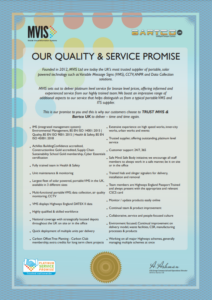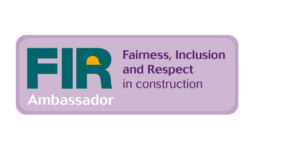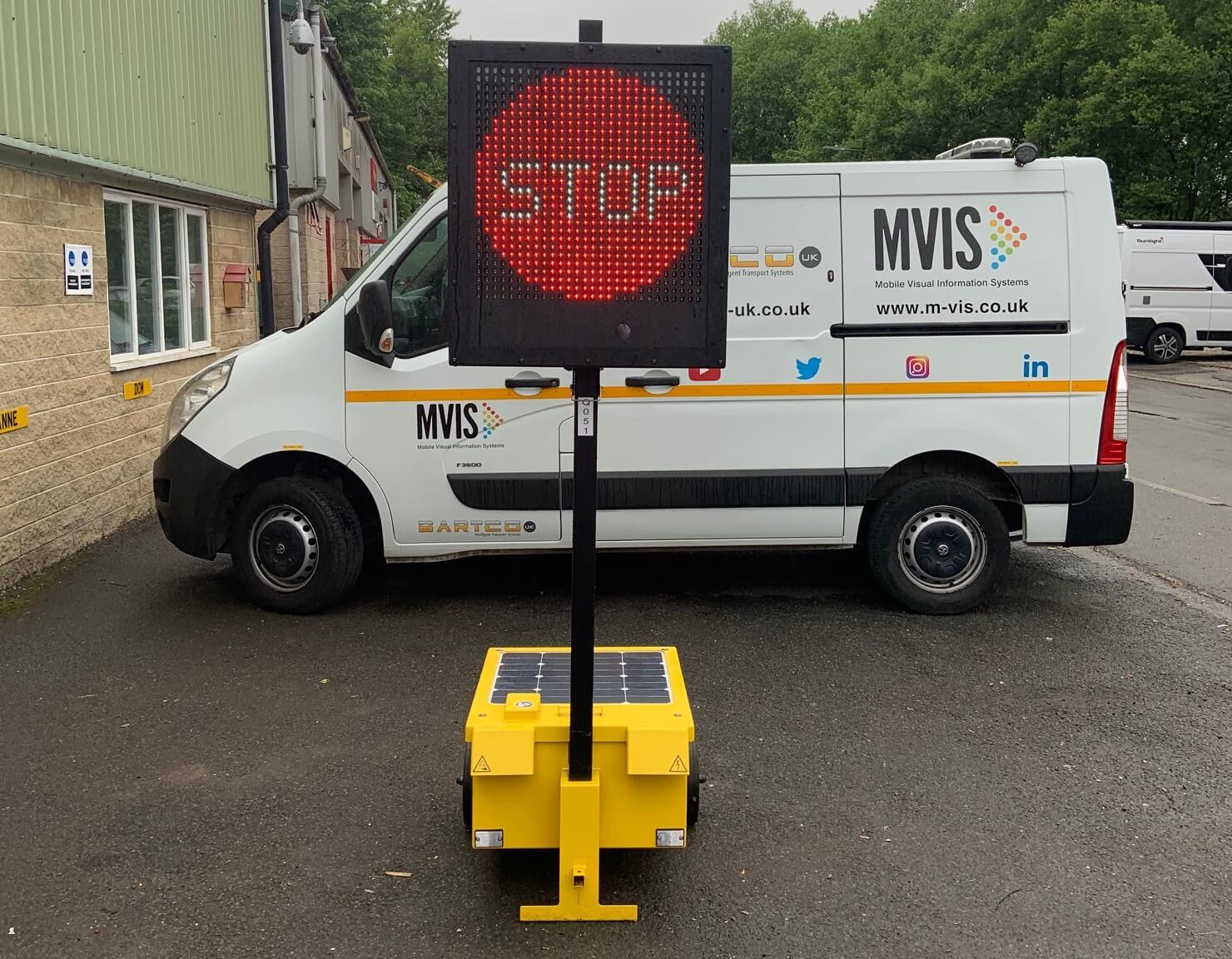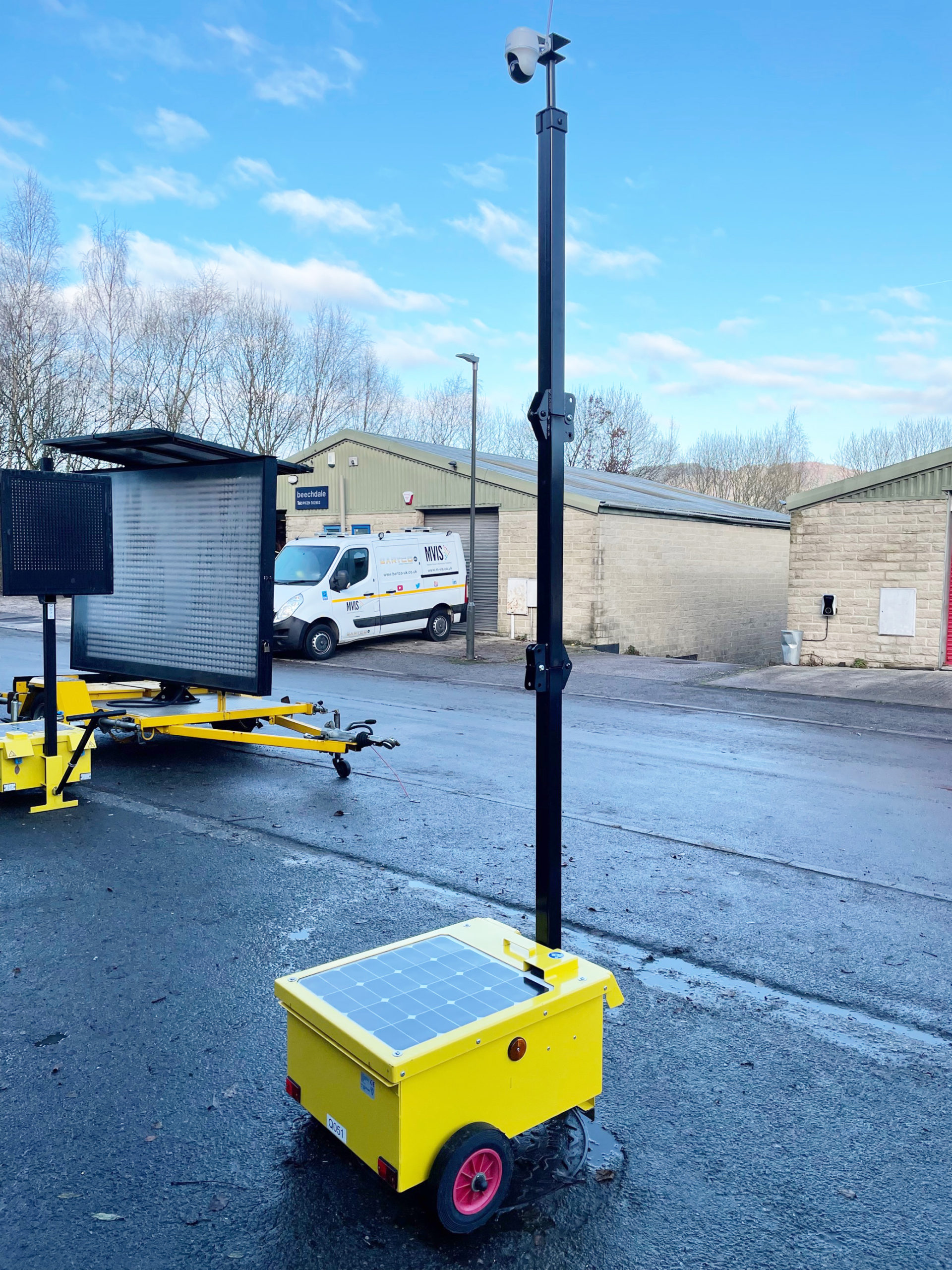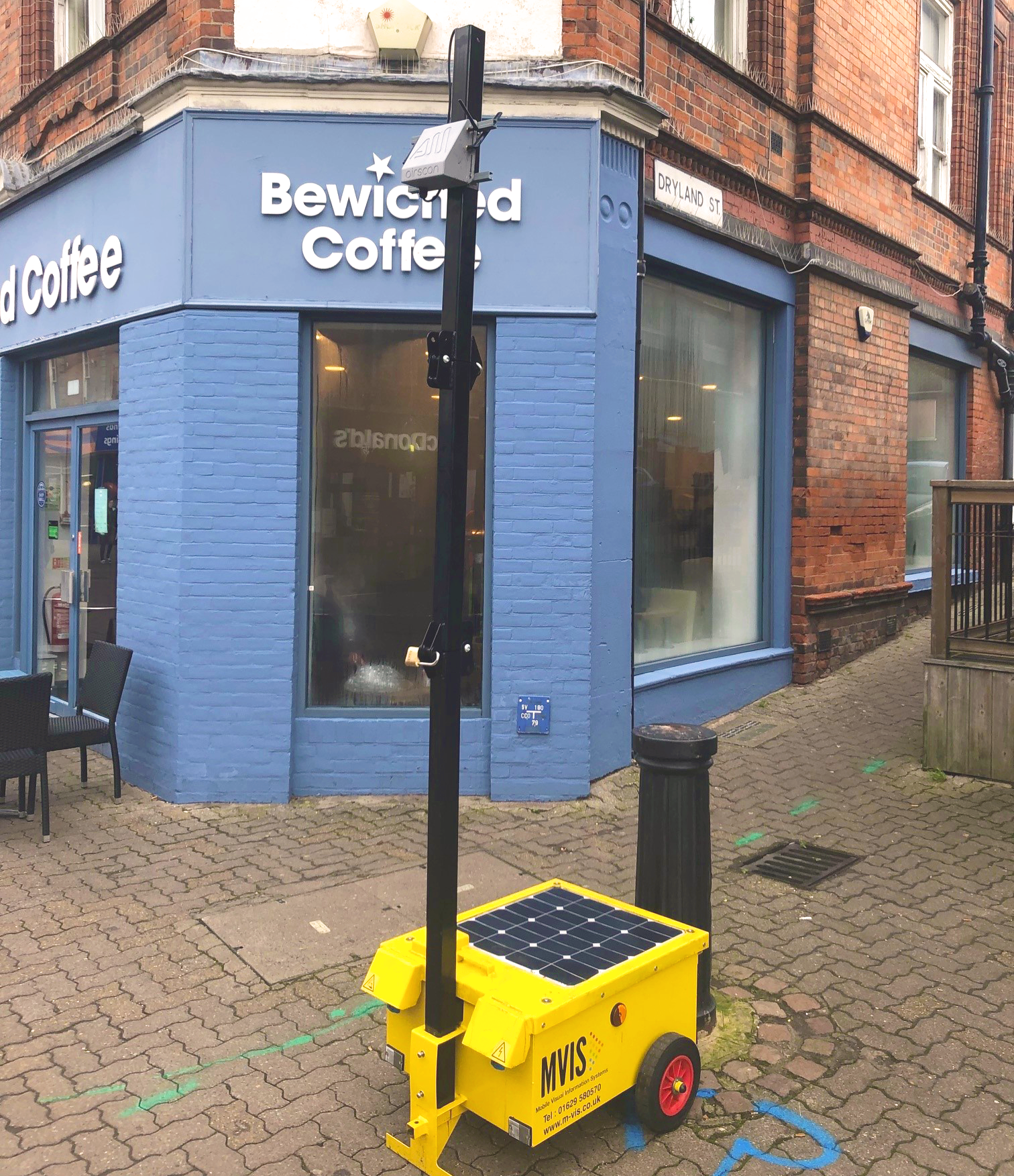Solving Safety Issues With Radar Integration
When our Variable Message Signs (VMS) are integrated with radar, their functionality is expanded across a range of applications. The VMS-A, VMS-C and HD Compact VMS can all be integrated with radar to increase their capabilities whilst still maintaining all the fantastic features of our standard VMS.
All our VMS discreetly houses a data collection radar which can collect vehicle logs on speed, time and date. Data as a commodity has always been important for identifying trends and risks and the VMS-A offers this as standard. Better yet, all of our VMS are solar powered and highly portable, which makes them the ideal solution for data collection.
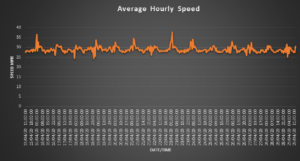
Data that has been collected is uploaded to our server every hour, ready to be downloaded at any time by the user via a web-based portal. If there are any issues, our outstanding 24/7 customer support is there to assist you in any way they can.
Combining data collection and VMS into one unit offers a multi-functional solution that can help collect valuable data at the same time as communicating important messages. These messages, such as speed alerts and responsive information, can be communicated to drivers in relation to their behaviour. This will then be used to positively influence driver behaviours and decisions. To encourage drivers to continue driving safely, a VMS with radar can also display a message or pictogram thanking drivers who are adhering to the set speed limit.
So, when used in conjunction with radar, a VMS can display:
- A message
- A message and the motorist’s speed
- The motorist’s speed only
- The motorist’s speed only and a ‘too high’ or ‘too fast’ warning

There are lots of great benefits to Radar Activated VMS, such as the capability to detect speed and use the VMS-A’s messaging power for Specific Speed Messaging, where messages can be overridden with a speed roundel if a vehicle exceeds the set speed limit. When the unit detects the speed of an approaching vehicle, it alerts the driver of their speed and advises them to slow down if necessary.
It isn’t just our VMS that can integrate radar, though. The IVD Radar integrates our Solar IP with the AGD 343 Highways Monitoring Radar to create portability and dramatically enhance road safety, capability and efficiency. This solution uses proven radar and measurement techniques to track and measure the speed, length, and direction of individual targets.
If you would like to find out more about how our products with integrated radar can benefit you, please get in touch with our Sales team on 01629 580 570 or email sales@m-vis.co.uk.

